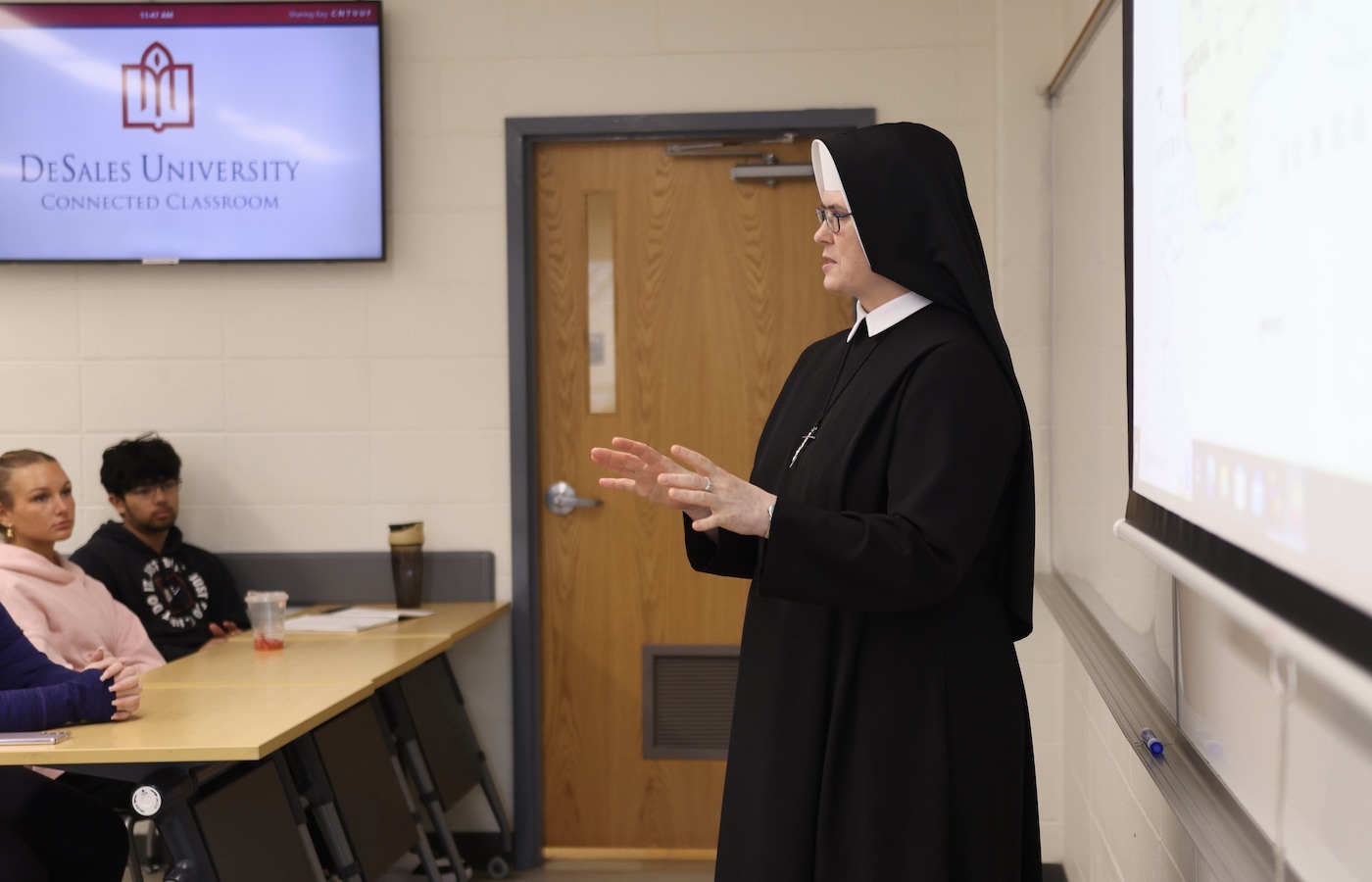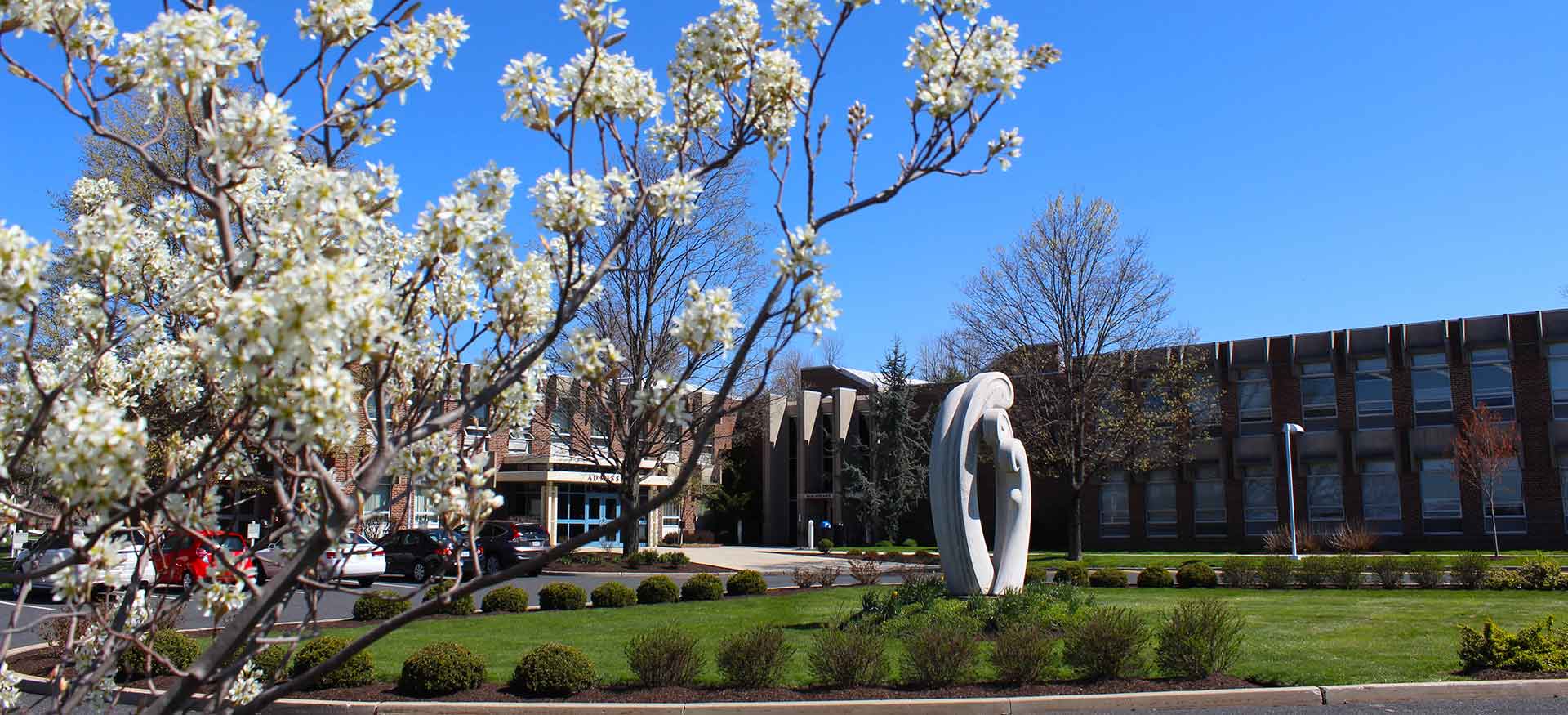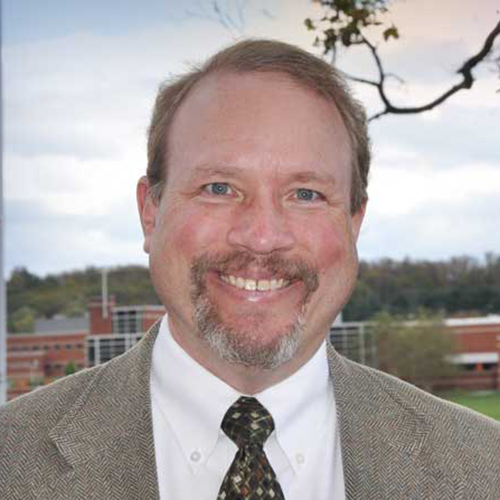Looking for God’s Way: Guest Speakers Recount Religious Persecution in Europe

Students received a firsthand account of life under communist rule when two very special guest speakers visited campus.
David Reichardt, Ph.D., and Sister Viannea Marekova spoke with students in Andrew Essig’s Central European Nations class. Sr. Marekova is a sister of the Divine Redeemer and a nurse. She’s been stationed in Elizabeth, Pennsylvania, for the past eight years.
Reichardt is an instructor at the Institute of International Relations at Comenius University in Bratislava, Slovakia. He’s lived in the capital city for 25 years, and he provided students with a historical and political history of the central European country.
“By 1948, there is a transformation of government,” Reichardt told the class. “It became a communist state and a brutal communist state. All the religious orders were abolished, and the Church went underground.”
Sr. Marekova, who was born and raised in Slovakia, grew up under that regime. Communism, she told the students, was very hard for the Catholic Church.
“It affected me much. I was not accepted because of my faith and religion.”
Sr. Marekova recounted how priests and nuns were taken from convents in the middle of the night and forced to work in fields and factories. When she first applied to be a candidate for nun, no one could know. But by 1987, the tide was starting to change.
“I wanted to be a religious sister since I was seven years old,” she said in response to a student question. “It didn’t depend on the regime or anything else. I was looking for God’s way and how he could manage it, and he did.”
This isn’t the first time that Essig, Ph.D., professor and chair of the social sciences department, has had visitors from across the Atlantic. Back in 2021, Reichardt and his students took part in one of Essig’s classes virtually to discuss democracy in Slovakia. Essig thanked both Reichardt and Sr. Marekova, and he stressed the importance of their visit.
“It is so important to hear these stories and hopefully it helps us appreciate the religious freedom we have in this country,” Essig told his students. “We sometimes take it for granted. But hearing these types of stories really sends a message.”





